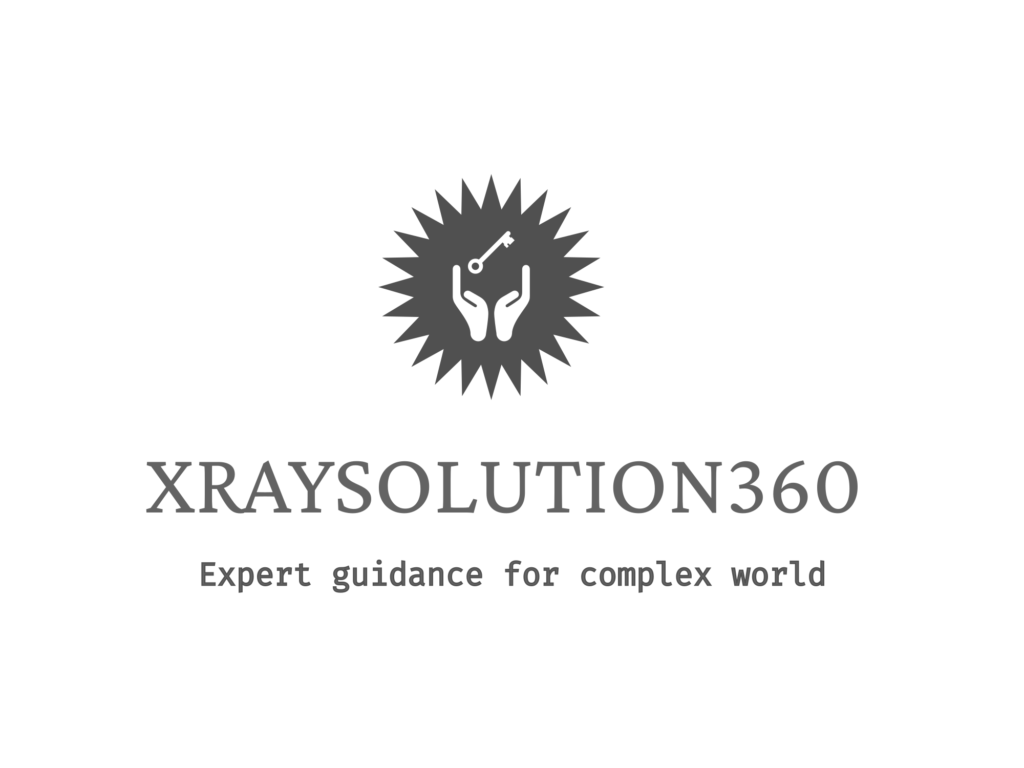Obtaining Renewal of Licence
How to Obtain Renewal of License from the AERB: A Step-by-Step Guide
As a facility operating X-ray or radiation equipment in India, it’s crucial to maintain compliance with the Atomic Energy Regulatory Board (AERB) regulations. One key aspect of compliance is ensuring that your AERB license remains valid. Whether your facility deals with medical X-ray imaging, industrial X-ray devices, or other radiation equipment, timely renewal of your AERB license is mandatory to avoid penalties or disruptions in operations.
This guide will walk you through the process of renewing your AERB license and what you need to know to ensure a smooth renewal process.
Why is License Renewal Important?
The AERB license not only validates your compliance with safety standards but also ensures that your equipment operates within the prescribed radiation limits. Renewal confirms that your facility still meets these safety criteria, protecting your staff, patients, and the general public from radiation hazards.
Key Steps for AERB License Renewal
1. Check Your Expiry Date
It’s essential to be aware of the expiration date of your current license. The AERB typically requires that the renewal process be initiated before the expiration of your license. It is recommended to start the process at least 1 months in advance to avoid any delays.
2. Review and Update Facility and Equipment Information
Ensure that all details regarding your facility and the equipment are up to date. This includes:
- Facility Details: Name, address, and contact information.
- X-ray Equipment: Update any changes in equipment, including new installations or decommissioned devices.
- Radiation Safety Officer (RSO): Ensure your designated RSO’s information is current.
3. Perform Required Safety Audits
Before renewing your license, you may need to conduct Quality Assurance (QA) tests and safety audits. These tests ensure that your X-ray equipment is functioning correctly and within AERB-prescribed safety limits. The results must be documented and submitted as part of your renewal application.
4. Log into e-LORA
The renewal process is conducted through the AERB’s online portal, e-LORA (e-Licensing of Radiation Applications). If you do not already have an account, you must create one to manage your facility’s licenses and submit renewal requests.
5. Submit the Renewal Application
After logging into e-LORA:
- Navigate to the license renewal section.
- Fill out the necessary forms with updated information about your facility, equipment, and safety protocols.
- Attach relevant documents such as recent QA test reports, equipment calibration certificates, and RSO qualifications.
6. Track Application Status
After submitting your renewal application, you can track its progress through e-LORA. The AERB may request additional information or documentation if necessary, so it’s important to monitor your application’s status regularly.
7. Renewal Approval and License Issuance
Once the AERB reviews and approves your renewal request, your renewed license will be issued via the e-LORA portal. You must print and display this license at your facility as proof of compliance.
Tips for a Smooth Renewal Process
- Start Early: Initiate the renewal process well before your license’s expiration date.
- Maintain Documentation: Keep all QA test results, calibration certificates, and equipment maintenance records updated and easily accessible.
- Stay Informed: Regularly check the AERB website and e-LORA portal for any updates or changes in the licensing process.
Consequences of Not Renewing on Time
Operating without a valid AERB license can lead to serious legal consequences, including:
- Generation of non-compliance.
- Sealing of equipment by regulatory authorities.
- Suspension or revocation of License for Operation, leading to business interruptions.
Conclusion
Obtaining a renewal of your AERB license is a critical part of operating a radiation facility in India. By following the steps outlined above and ensuring timely submission of your renewal application through the e-LORA portal, you can avoid unnecessary penalties and ensure the continued safety of your operations.


